By Aseem Chhabra
2012 was rich with remarkable films making the festival rounds. My annual top ten list (in alphabetical order) is an eclectic mix, with a healthy balance of Hollywood and foreign, and some very independent productions (and includes only those films that have had theatrical release in the U.S.).
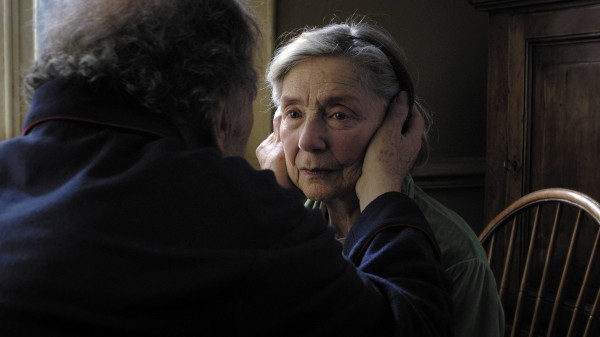
Amour (Austria/France)
Seventy-year-old Austrian filmmaker Michael Haneke has become a leading international film personality, a favorite of critics, with a cult-like following among film buffs. His work is often bleak and disturbing.
Amour, his second Palm d’Or win at the Cannes Film Festival in three years, has been described as a most un-Haneke-like film. It is his saddest film yet—a deeply moving tale of old age and the final goodbyes we must say to those we love the most—but it has a healing touch that only a master like Haneke could portray on the screen. Oscar watchers are strongly backing Amour’s chances of winning the best foreign language statuette.
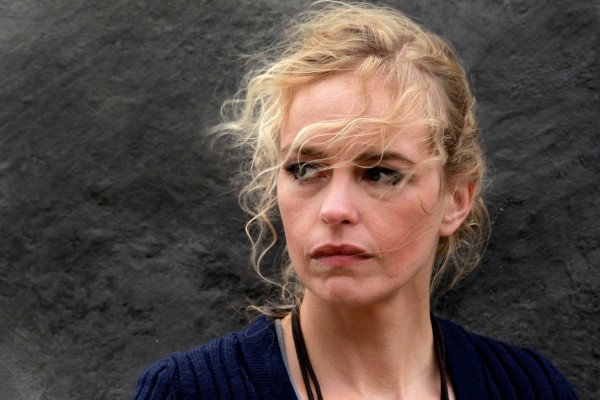
Barbara (Germany)
Winner of the Silver Bear for best director for Christian Petzold at this year’s Berlin International Film Festival, Barbara works in the same territory as the 2007 Oscar winner The Lives of Others. But Barbara is a lot quieter, with an even greater edge-of-the-seat quality.
In Barbara, actress Nina Hoss plays a doctor who has been punished for applying for an exit visa out of East Germany. She is sent off to a small provincial hospital where she has to deal with nosy colleagues, the Stasi, and loneliness, while also caring for patients. Barbara is thus rich with details about small-town life in communist Germany and the ethical issues individuals face in a society where it is hard to trust anyone. Hoss carries the film with her dark, brooding eyes and the intense moral presence of her character.
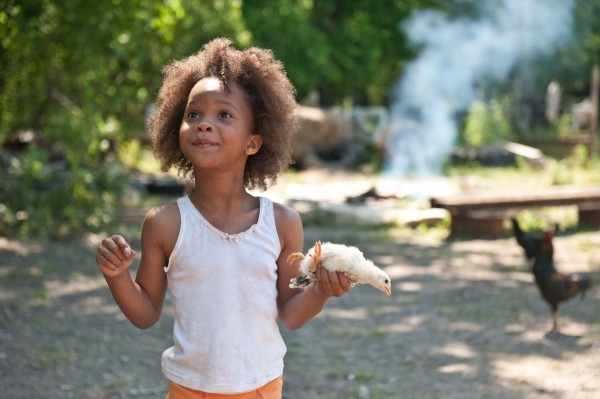
Beasts of the Southern Wild (United States)
A sensation at this year’s Sundance Film Festival, where it won the top award in the dramatic category, first-time filmmaker Benh Zeitlin’s Beasts of the Southern Wild is a remarkable film about a six-year-old girl’s struggle to survive as an increasingly surreal world begins crumbling around her.
One of the most imaginative films of the year, with a powerful soundtrack, Beasts boasts strong performances by its leads, all untrained actors, but especially young Quvenzhane Wallis as Hushpuppy and Dwight Henry as her father. Although an independent film, Beasts stands a good chance of getting a number of Oscar nominations this year.
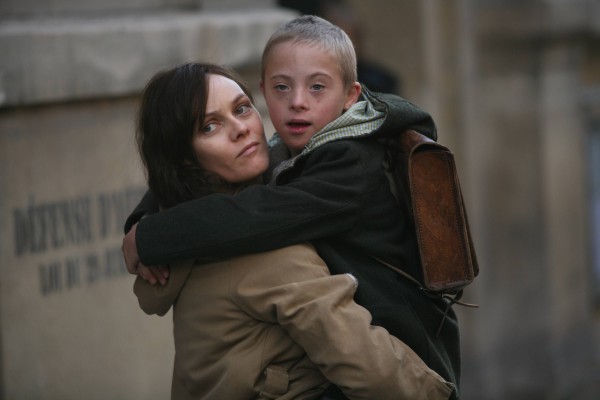
Café de Flores (Canada)
French-Canadian filmmaker Jean-Marc Vallée’s (director of the 2005 semi-autobiographical C.R.A.Z.Y.) beautifully shot Café de Flores flows through two stories—one set in Paris in the 1960s, where a single protective mother (a wonderful Vanessa Paradis) raises her son with Down syndrome, and the other in current day Montreal, where a married DJ makes the tough decision of leaving his childhood-sweetheart-turned-wife for a younger women. The two diverse stories overlap with sensual music and smooth editing, as if the different time periods are one.
Café de Flores is a terribly romantic film, with plenty of pain and heartbreak. But it has a wonderful healing quality of forgiveness and the power of moving on.
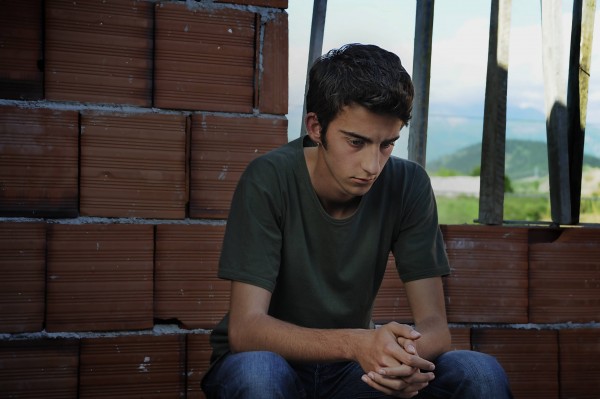
The Forgiveness of Blood (Albania/United States)
American filmmaker Joshua Marston followed his 2004 Oscar-nominated Maria Full of Grace with The Forgiveness of Blood—a gripping Albanian film about murder and revenge. New York-based Marston conceived of the story after he read a small news item about family rivalries in Albania. Before he set out to shoot the film, he spent a while learning the language and then working with non-actors.
Winner of the best screenplay award at the 2011 Berlin International Film Festival, Forgiveness takes us to a small village in Albania, where modern technology (cell phones and Facebook profiles of teenagers) clash with the old ways of living (rivalries, revenge, and the price young men pay for crimes committed by their fathers).
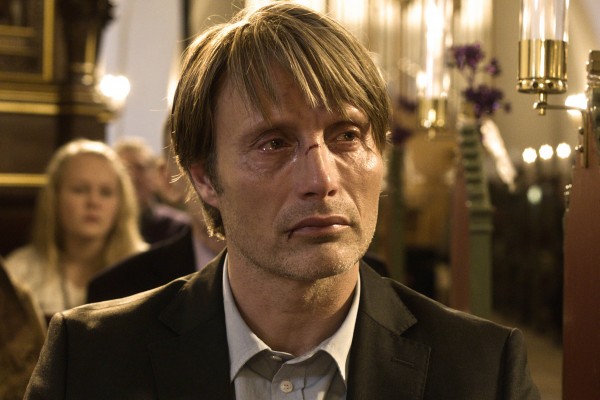
The Hunt (Denmark)
This year Telluride Film Festival honored the handsome and very talented Danish actor Mads Mikkelsen (Casino Royale, Pusher, After the Wedding) for his career, first in Denmark and now in Hollywood. The festival also screened Mikkelsen’s new film The Hunt, directed by Thomas Vinterberg (The Celebration).
The accusation, first by one of his kindergarten students, reverberates into a mass-scale witch-hunt led by his neighbors—once close friends and colleagues.
In the harrowing The Hunt, Mikkelsen (who bears an uncanny resemblance to Viggo Mortensen) plays a divorced man, father of a young teenager, and a kindergarten teacher who is accused of child molestation. The accusation, first by one of his kindergarten students, reverberates into a mass-scale witch-hunt led by his neighbors—once close friends and colleagues. The Hunt is a devastatingly disturbing film, and Mikkelsen, winner of the best actor award at this year’s Cannes Film Festival, gives a mature, nuanced performance.
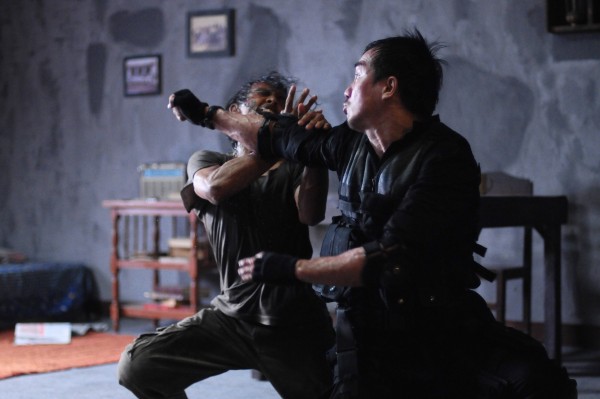
The Raid: Redemption (Indonesia)
By most measures The Raid: Redemption should not make any best-of-the-year lists; its script is fairly obvious, it is not very well shot, and the acting leaves a lot to be desired. But as a martial-arts action film, The Raid: Redemption (directed by Welsh filmmaker Gareth Evans) has some incredibly thrilling moments.
Not for the faint-hearted, the uber violent film follows the attempts of Indonesia’s elite police squad as they raid a fortress-like building occupied by one of the country’s notorious gangster and his henchmen. The fight sequences in the film are relentless: the most mindless fun one can have at movies.
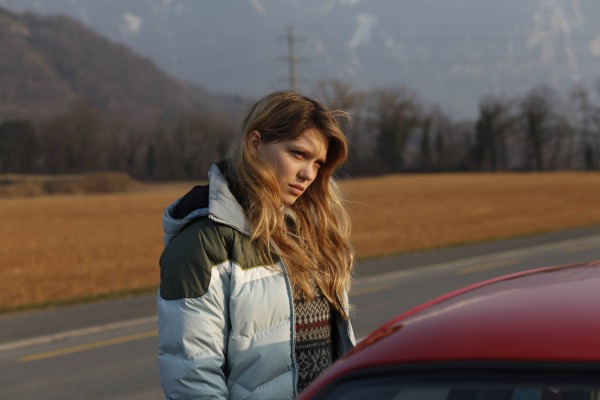
Sister (Switzerland)
Like the works of the Belgian filmmakers and brothers Luc and Jean-Pierre Dardenne, the Swiss-French film Sister explores the tragic story of 12-year-old Simon, a charming, street-smart teenager who lives in a working class apartment building on the base of a luxurious ski resort. He buys a season pass and then steals skis, gloves, and sunglasses, selling them at a discounted price to his neighbors, mostly young kids.
Winner of a Special Silver Bear at the 2011 Berlin International Film Festival and Switzerland’s official entry for the foreign language Oscar, Sister is often tough to watch, but the 14-year old actor Kacey Mottet Klein brings genuine warmth to his role as Simon. And the film’s energy rests on the chemistry between Simon and his sister, played by the seductive young French star Léa Seydoux (one of the villains in Mission: Impossible – Ghost Protocol). There are sweet moments in Sister, but there is nothing glamorous about its reflection on the lives of people living on the edge of the society.
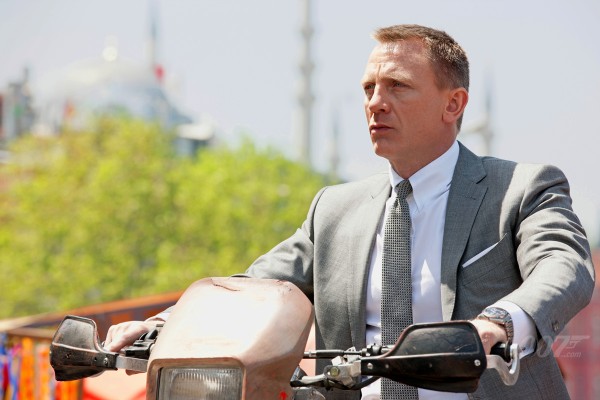
Skyfall (UK)
There was a lot riding on the new James Bond—the 23rd in the franchise since Dr. No was released 50 years ago. The film boasts prominent Oscar winners in director Sam Mendes, supporting actor Javier Bardem, and of course the elegant supporting actress Judi Dench (she has played M in the last seven Bond productions).
Skyfall is a thinking man’s Bond film, where the British agent’s age, and his ability to fight the bad guys in far flung locations, is questioned…
The result is one of the best Bond films of our time. Skyfall is a thinking man’s Bond film, where the British agent’s age, and his ability to fight the bad guys in far flung locations, is questioned, while we also witness the thrilling action, sexy Bond girl, and menacing villain that we’ve come to know and love in the Bond saga.
It is hard to find a consensus among die-hard Bondologists, but in my book Mendes’ Skyfall, lovingly shot by Roger Deakins, is a terrifically satisfying film and definitely among the best of year.
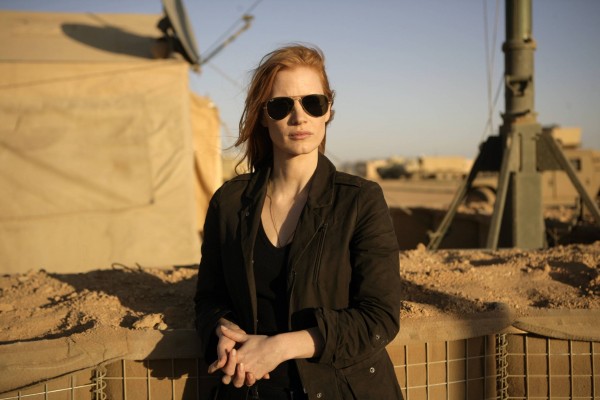
Zero Dark Thirty (United States)
Kathryn Bigelow’s Zero Dark Thirty, the follow-up to her Oscar winning The Hurt Locker, was mired in controversies, even before its release. There were rumors that the filmmaker and her scriptwriter Mark Boal had access to classified CIA documents, and later there were protests in India by right-wing Hindus who objected to the recreation of a Pakistani street scene in the North Indian city of Chandigarh. Now the film is being criticized by media commentators, and even U.S. Senators John McCain, Carl Levin and Diane Feinstein, for inaccuracies and its glorification of the CIA’s torture tactics.
No jaded attitude toward the War on Terror can prepare the viewer for Zero Dark Thirty’s two-and-half-hour-long meticulous suspense drama of CIA agents searching for information that might lead them to Osama Bin Laden.
We know how the film will end, but still tension is prevalent at all times, especially in the last half hour as we see the two helicopters take off from a base in Afghanistan en route to a secluded house in Abbottabad, where Bin Laden was believed to be hiding. Clearly one of the best films of the year, Zero Dark Thirty has a good chance of taking many of the top Oscars.
Special Mention:
Ai Weiwei – Never Sorry (USA), Anna Karenina (UK), The Central Park Five (USA), Footnote (Israel), Gangs of Wasseypur 1 & 2 (India), Once Upon a Time in Anatolia (Turkey), Patang (India/USA), Rust and Bone (France), Searching for Sugar Man (USA), Starlet (USA).
Aseem Chhabra is a freelance writer based in New York City. Aseem has been published in The New York Times, The Boston Globe, and The Philadelphia Inquirer. He covers films for Rediff.com and writes a weekly New York column for Mumbai Mirror.
